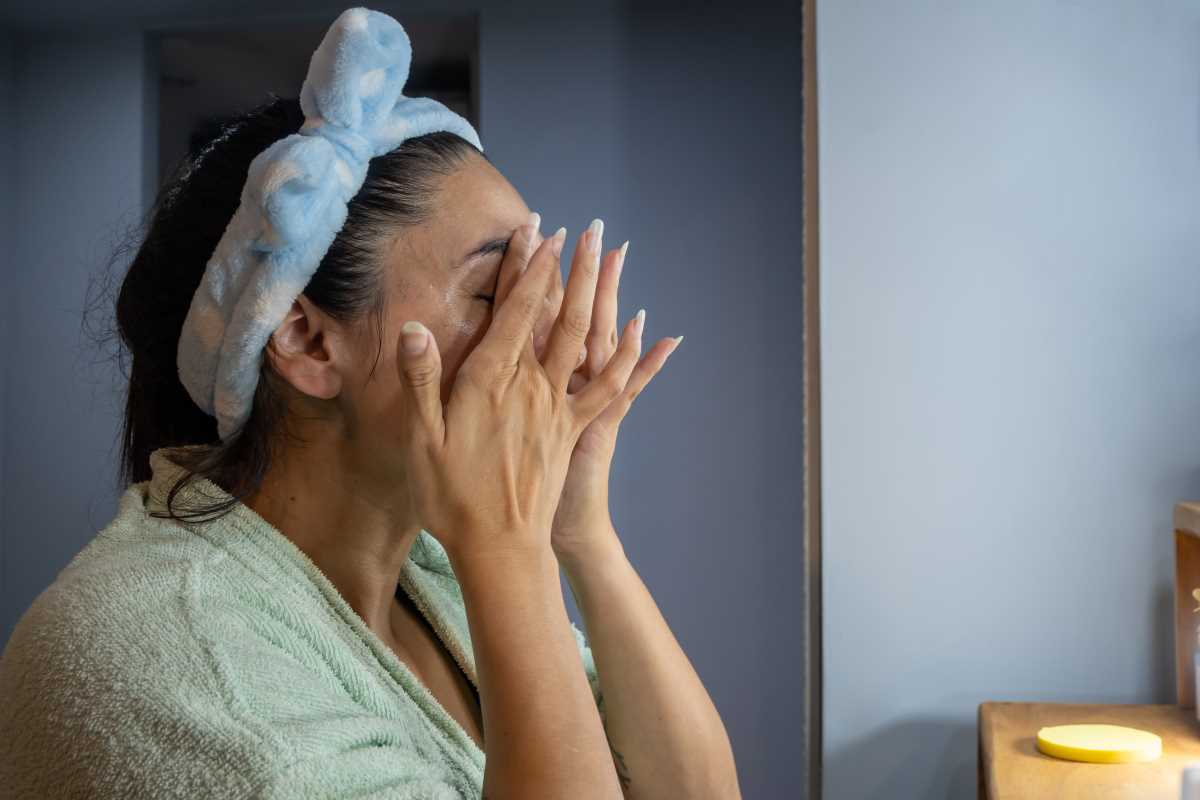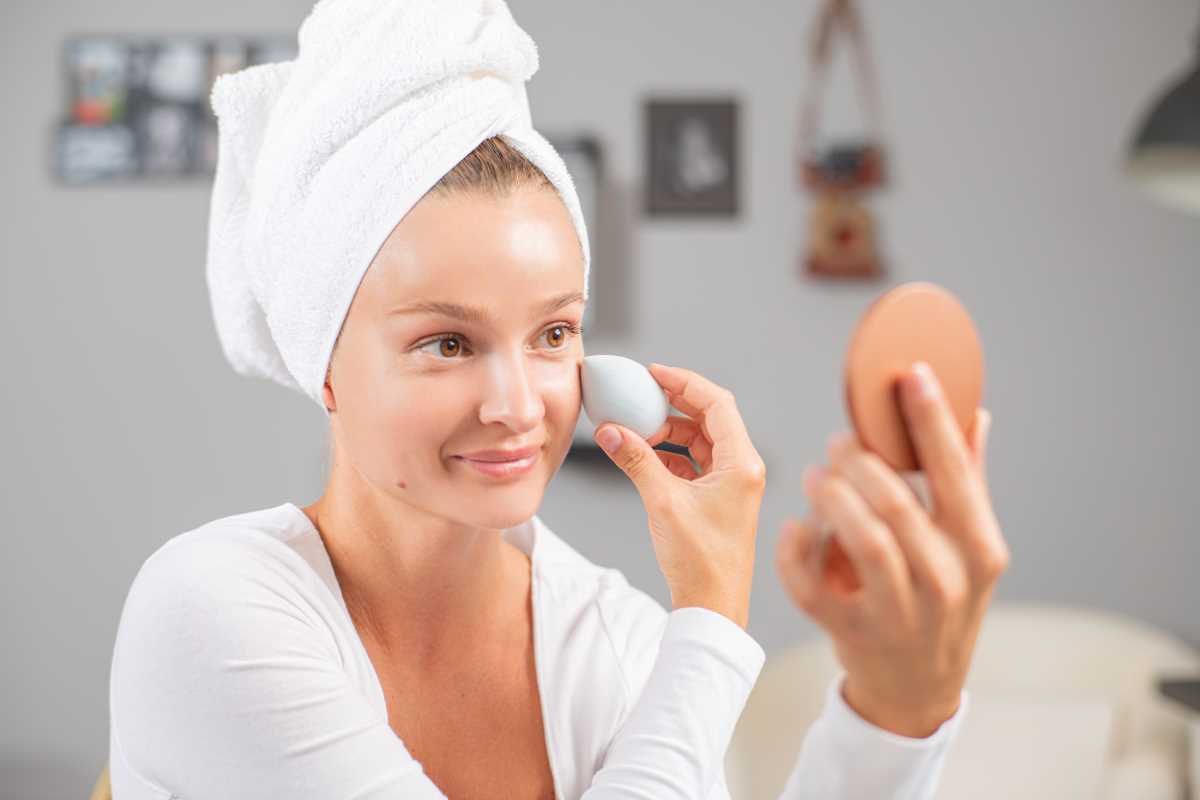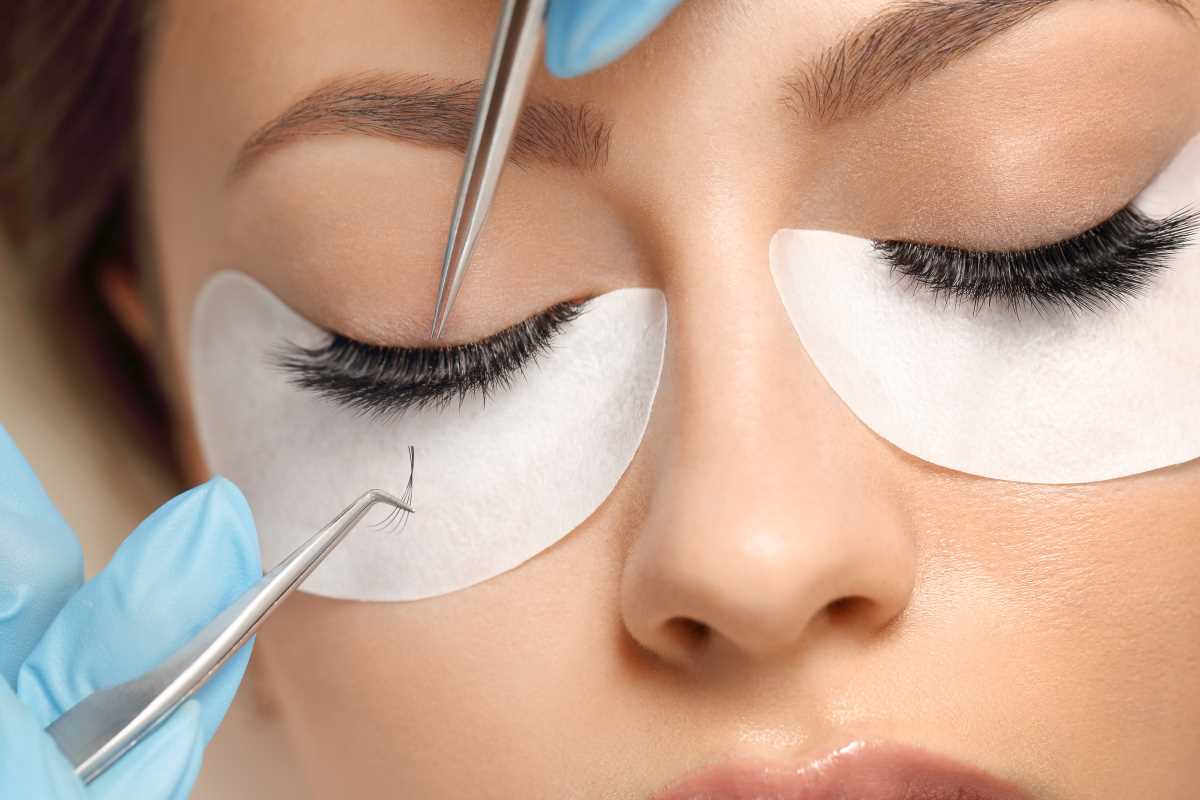Hormones play a significant role in the health and appearance of your skin. Fluctuations during periods, pregnancy, menopause, or even stress can trigger changes like acne breakouts, dryness, oiliness, or heightened sensitivity. It can feel frustrating, but understanding the connection between your skin and hormones is the first step to finding balance.
With the right approach, you can support your skin through these changes. Here are smart tips to create a hormone-balancing skincare routine tailored just for you.
1. Understand Your Skin's Needs
Hormonal changes can affect everyone differently, so it’s important to identify what your skin is telling you. Are you noticing extra oil in your T-zone? Surprise breakouts along the jawline? Maybe your skin feels unusually dry?
For example, hormonal acne often pops up due to heightened sebum production, while menopause might cause your skin to feel thinner and more sensitive due to reduced estrogen. The key is observing these patterns so you can choose products that target your specific concerns.
2. Choose Ingredients That Work with Hormonal Skin
The good news? There are powerhouse ingredients designed to help balance and support your skin’s health. Here are a few to keep in mind:
- Salicylic Acid (for oil control and acne): Perfect for unclogging pores and reducing inflammation caused by hormonal breakouts.
- Niacinamide (for balance and hydration): Known for regulating oil production, calming redness, and boosting hydration.
- Hyaluronic Acid (for dryness): Great for replenishing moisture without clogging pores.
- Vitamin C (for an all-around boost): Brightens skin tone and protects against oxidative stress, which can exacerbate hormonal issues.
- Azelaic Acid (for sensitivity): Helps reduce redness and inflammation common with hormonal imbalances.
Tip: Stick to one or two active ingredients at a time to avoid overwhelming your skin.
3. Establish a Consistent Routine
A consistent skincare routine is crucial for managing hormonal swings. Here’s a simple structure to follow:
- Cleanse gently, morning and night, to remove dirt and excess oil. A sulfate-free cleanser is ideal for avoiding over-drying your skin.
- Treat with targeted serums that address your hormonal concerns, like a niacinamide serum for redness or a salicylic acid spot treatment for breakouts.
- Moisturize generously, even if your skin feels oily. Hormonal skin still needs hydration to function properly.
- Protect your skin daily with sunscreen. Hormonal changes can sometimes make your skin more vulnerable to sun damage, especially if you're treating acne or pigmentation.
Make sure you’re gentle with your skin. Resist the urge to over-exfoliate or stack on too many products, both of which can aggravate hormonal imbalance.
4. Consider Diet and Hydration
What you eat absolutely affects your skin. Certain foods can exacerbate hormonal fluctuations, while others promote balance and clarity.
- Avoid sugary, highly processed foods and dairy, as they can contribute to breakouts by spiking insulin levels.
- Incorporate omega-3 fatty acids (from salmon, walnuts, or flaxseeds) to reduce inflammation.
- Eat plenty of leafy greens and antioxidants, like spinach and berries, to help your body regulate hormones naturally.
- And of course, stay hydrated! Drinking enough water helps flush out toxins and keeps your skin functioning optimally.
5. Reduce Stress Wherever Possible
Easier said than done, right? But when you’re stressed, your body produces cortisol, a hormone that can trigger breakouts, sensitivity, and dullness. Incorporating little stress-reducing practices into your day can make a huge difference over time.
Try adding these to your routine:
- Practicing yoga or meditating regularly
- Journaling your thoughts to unwind
- Getting enough sleep (at least 7–8 hours a night)
- Spending time outdoors to boost overall wellness
Stress might not vanish overnight, but small efforts can help minimize its impact on your skin.
6. Know When to Seek Professional Help
If your skin issues persist despite your best efforts, don’t hesitate to consult a dermatologist. Hormonal-related skin changes like persistent cystic acne or extreme dryness during menopause may need specialized treatments. Dermatologists can offer tailored solutions ranging from prescription medications to in-office treatments like chemical peels or lasers.
Sometimes, your skin just needs a little extra support, and there’s absolutely no shame in asking for it.
Navigating hormonal skin challenges can feel overwhelming, but with the right care, you can regain balance and confidence. The key lies in being patient and mindful of your skin’s needs. Small adjustments, like choosing the right ingredients, maintaining a consistent skincare routine, and making lifestyle changes, can all help you feel your best.
Remember, your skin is an extension of your overall wellness. Treat it with care, and don’t forget to reach out to a professional if needed.







